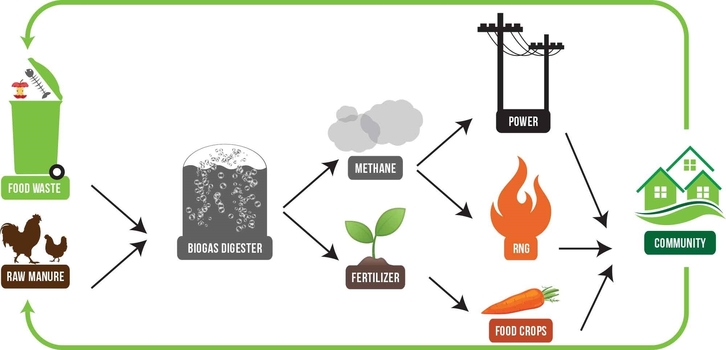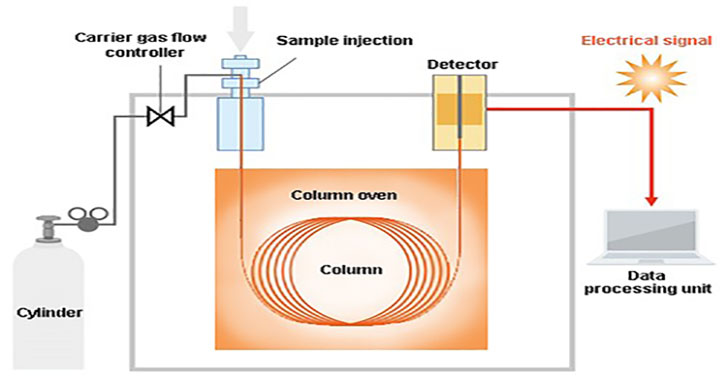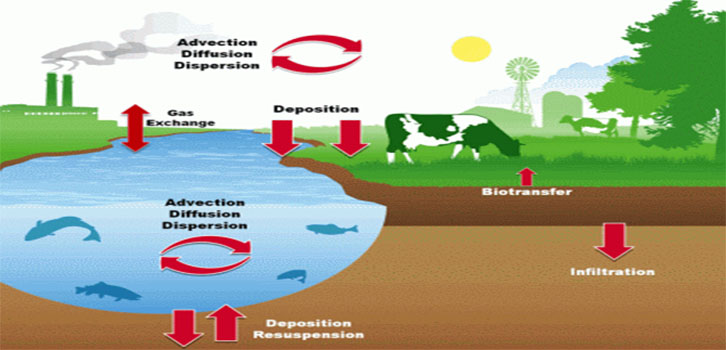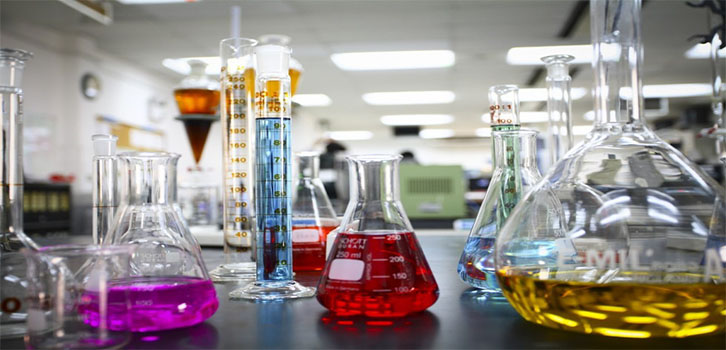Anaerobic Treatment of Wastes (ENVE 541)
In this course we cover anaerobic treatment technologies; basic principles, advantages and disadvantages of anaerobic over aerobic biotechnology, process microbiology, kinetics and stoichiometry and process design. Energy producing aspects of anaerobic systems are our focus and recent and innovative anaerobic biotechnology applications such as microbial electrolysis cells, biohydrogen production are also discussed.During the semester we discuss selected peer-reviewed journal articles on different topics with students leading the discussion and also each student is asked to submit a review paper on their interest area as part of their term project. The course is offered to graduate students, and occasionally undergraduate students may register.

Instrumental Analysis for Environmental Engineering (ENVE 424)
This is a technical elective course offered to undergraduate and graduate students. The course covers the theory, principles and applications of instruments and equipment commonly used in environmental research such as gas chromatography, atomic absorption spectroscopy, high pressure liquid chromatography and such. In this course, students are learning more about raw data collection, data analysis and interpretation, data presentation, sampling, sample preparation, instrument calibration and maintenance. Each student works with his/her partner and performs presentations of selected topics in class. There are also demo lab sessions held for each instrument every other week. Students are also asked to submit a lab report and complete a term project during the semester.

Transport Processes in Environmental Engineering (ENVE 322)
In this course, we focus on the fate and transport of pollutants in environmental systems. Topics covered can be listed as conservation laws and continuity equation, advective, diffusive and dispersive mass transport processes, computational aspects of environmental mass transport and heat transfer processes. This course is calculation based, weekly homeworks are given during the semester. Each week a recitation hour is held by teaching assistants of the course.

Fundamentals of Environmental Engineering (ENVE 201)
This course is a mandatory, introductory course covering topics such as material balance, energy balance, reactor engineering, kinetics and equilibrium approaches. In this course, students are introduced to the basic concepts of Environmental Engineering and in-class problem solving hours, weekly homeworks and quizzes are used to effectively teach the course.

Environmental Chemistry Laboratory (ENVE 208)
This course offers laboratory sessions each week in various areas of environmental chemistry. Topics include laboratory rules and safety protocols as well as common water parameter analysis such as alkalinity, acidity, biochemical oxygen demand (BOD), chemical oxygen demand (COD), solids and such. Each week there is a lab session during which students perform selected experiments in teams and submit a lab report in the following week.

Rochester Institute of Technology (RIT), Department of Chemical Engineering
Mass Transfer Operations (CHME 330)
This is a typical separation processes course offered to Chemical Engineering students.
Unit Processes Laboratory (CHME 491)
In this course, experiments of relevant for Chemical Engineering Unit Processes such as adsorption, distillation, liquid-liquid extraction are performed weekly.
Villanova University, Department of Civil and Environmental Engineering
Environmental Engineering Lab (CEE 3921)
This is an introductory laboratory course with similar content to ENVE 208 except also involves environmental microbiology related experiments.